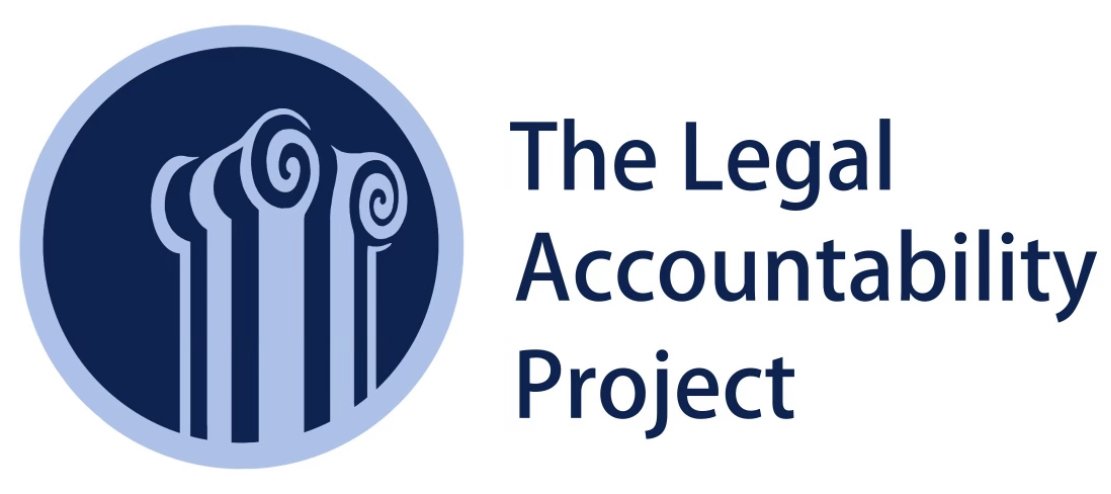You Give Up A Lot To Work For The Federal Judiciary
You give up a lot to work for the federal judiciary. But you shouldn’t have to give up your civil rights, Aliza Shatzman argues in Above the Law.
The judiciary’s “alternative” to federal anti-discrimination protections, Employee Dispute Resolution (EDR), lacks standardization, meaningful remedies, uniform enforcement, transparency, and metrics for success. It is underutilized because ineffective, considering the judiciary has done nothing to ensure that clerks who file complaints are protected against retaliation by their powerful superiors.
Policies that are not enforceable — or, not enforced — are meaningless. The judiciary leans heavily on good faith, touting codes of conduct for judges and clerks that are little more than suggested conduct.
Yet judges are almost never held accountable. Clerks rarely file complaints. Complaints are rarely investigated. Judges are rarely disciplined. Even then, remedial measures are “voluntary” and the judiciary makes every effort to shield judges from accountability.
It’s the height of injustice that law clerks, the public servants who support the daily functioning of our courts, lack basic workplace protections. That should be key the takeaway from any assessment of federal judiciary workplace conduct policies right now.


